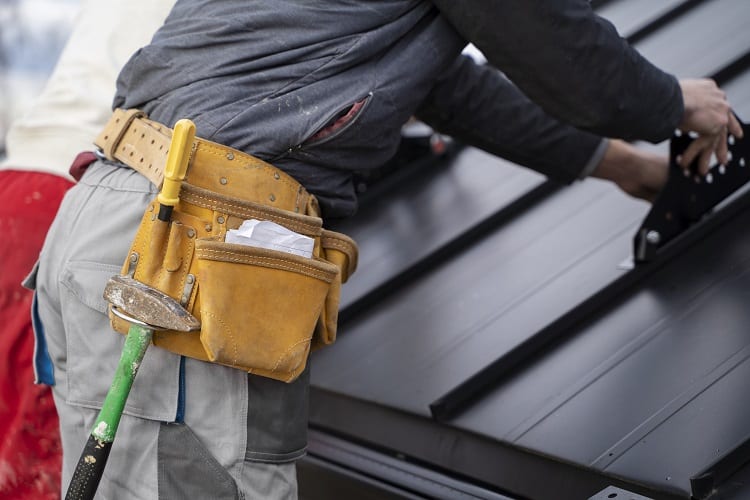Whether it’s a residential or commercial building, roofing is integral to every construction or maintenance. However, it’s also among the most dangerous jobs in the US, as OSHA reported that falls are the most common cause of death in the construction industry. So, as a contractor or roofing company owner, you must look for ways to protect your roofers and the company’s reputation. This guide will discuss roofing safety 101 and how to protect your reputation. So, let’s dig into the details!
Roofing Safety 101: Top Tips to Follow
Florida is one of the southeastern states in the US, popular for its warm climate, beautiful beaches, and diverse wildlife. Not only this, but it’s among the biggest economies in the US and has a GDP higher than many countries in the world, including Switzerland. The construction sector is one of the many factors contributing to the success of Florida’s economy. If you are a roofing company operating in Florida, you must acquire Florida roofers insurance to keep your contractors safe from unexpected situations.
However, many incidents may happen during construction or roofing. You should follow the given tips to ensure safety:
1. Get the Right Training
Training is crucial to ensuring the contractors are protected from any unfortunate incident. It gives you knowledge about how to work on a rooftop and its associated risks. This training should include hazard recognition, fall protection, ladder safety, and electrical safety.
When it comes to commercial roofing, safety and quality are two aspects that should never be compromised. That’s where paramount commercial roofing comes into play. With their commitment to safety and excellence, they ensure that every project is completed to the highest standards, providing peace of mind for contractors and business owners alike.
2. Carefully Inspect the Roof
Before working on the roof, you must carefully inspect it to identify potential hazards. Here are a few things to check:
- Check for loose shingles, weak spots, and other hazards that could cause falls.
- Also, check for electrical hazards, such as overhead power lines.
- Make sure the roof is sturdy and stable enough to accommodate the weight of roofers.
3. Have the Right Equipment
It is crucial to use proper safety equipment when working on a roof. This includes personal protective equipment, such as hard hats, gloves, and safety glasses. You also need to carry protection equipment such as harnesses and lanyards. Ensure all equipment is in good condition and you have proper shoes and clothing to work on the roof.
4. Make a Safety Plan
Another thing you can do to protect contractors and the company’s reputation is to have a safety plan. It ensures that everyone on the job site is aware of the hazards and knows how to respond in case of an emergency.
Don’t just create a safety plan and forget about it; make sure to conduct regular safety meetings and review your safety plan with your workers. Doing this not only ensures their safety but also promotes a culture of safety within your business. Remember, a little prevention goes a long way towards keeping your workers safe and maintaining a positive reputation for your business.
Conclusion
When you prioritize the safety of your contractors and workers, you establish your business as reputable in the industry. The most common tips to follow in this regard include having a safety plan and the right equipment. You should also conduct training and a roof inspection before starting the work to maximize safety and minimize incidents that may compromise your reputation.












Leave a Reply